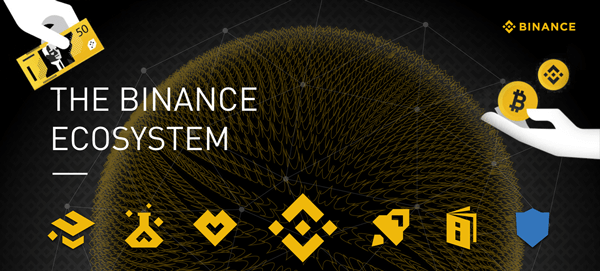
Briefly
Fee for order movement is a controversial apply employed by Robinhood.
Gary Gensler thinks it could be inefficient and dear for customers.
SEC stress might pace up Robinhood’s persevering with enlargement into crypto choices.
Executives at inventory and crypto buying and selling app Robinhood have vowed to diversify its income sources within the coming months and develop its attraction to cryptocurrency customers.
Higher get on that.
In an interview with Barron’s printed as we speak, U.S. Securities and Change Fee Chairman Gary Gensler mentioned that the company is contemplating banning a apply known as fee for order movement. Buying and selling in HOOD shares subsequently dropped, as fee for order movement has historically been answerable for the majority of income.
Fee for order movement, generally shortened to PFOF, entails outsourcing the execution of inventory trades to 3rd events. When somebody buys a inventory on Robinhood, one other firm pays Robinhood fractions of a penny per share to match patrons and sellers. (Not unhealthy when you think about Robinhood processes thousands and thousands of trades in a 12 months.) Utilizing advanced value information, these market makers can execute the commerce extra effectively than Robinhood might and take a reduce of the resultant proceeds.
It is how Robinhood can promote trades with out taking a fee. And it is not essentially unhealthy. The market makers present liquidity that make moderately priced trades doable. They will even enhance the buying and selling costs for Robinhood prospects as they need to be capable to not less than match, if not beat, orders positioned straight on a U.S. inventory change, consistent with what’s known as Nationwide Finest Bid and Provide (NBBO).
But some say the market makers are literally answerable for elevating general costs by maintaining trades off of exchanges and making for bigger spreads on trades (unhealthy for merchants). “Transparency advantages competitors, and effectivity of markets,” Gensler advised Barron’s. “Transparency advantages buyers.”
Furthermore, others say the information that market makers obtain will scale back competitors over time as the most effective companies value different market makers out, resulting in bigger spreads. Gensler agrees that it is perhaps higher if this information had been all public.
“They get the information, they get the primary look, they get to match off patrons and sellers out of that order movement,” he mentioned. “That will not be essentially the most environment friendly markets for the 2020s.”
In its Q2 earnings announcement, Robinhood CEO Vlad Tenev remained dedicated to a slew of recent product additions, together with a crypto pockets and extra cryptocurrencies for buying and selling. Its seven listed cash are a major supply of non-PFOF income for the agency. Within the earnings name, its first as a publicly traded firm, Robinhood revealed that 60% of accounts with funds in them had begun buying and selling crypto for the primary time, sufficient for crypto income to account for 41% of complete income—up from 17% the earlier quarter. Of that, nevertheless, 62% got here solely from Dogecoin.
And if fee for order movement is in a precarious regulatory situation, you in all probability do not need to be relying on Dogecoin—created as a joke—to be your solely backup plan.





 Bitcoin
Bitcoin  Ethereum
Ethereum  Tether
Tether  XRP
XRP  Solana
Solana  USDC
USDC  TRON
TRON  Dogecoin
Dogecoin  Lido Staked Ether
Lido Staked Ether
Be the first to comment